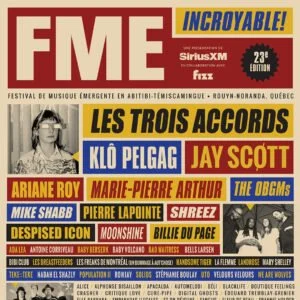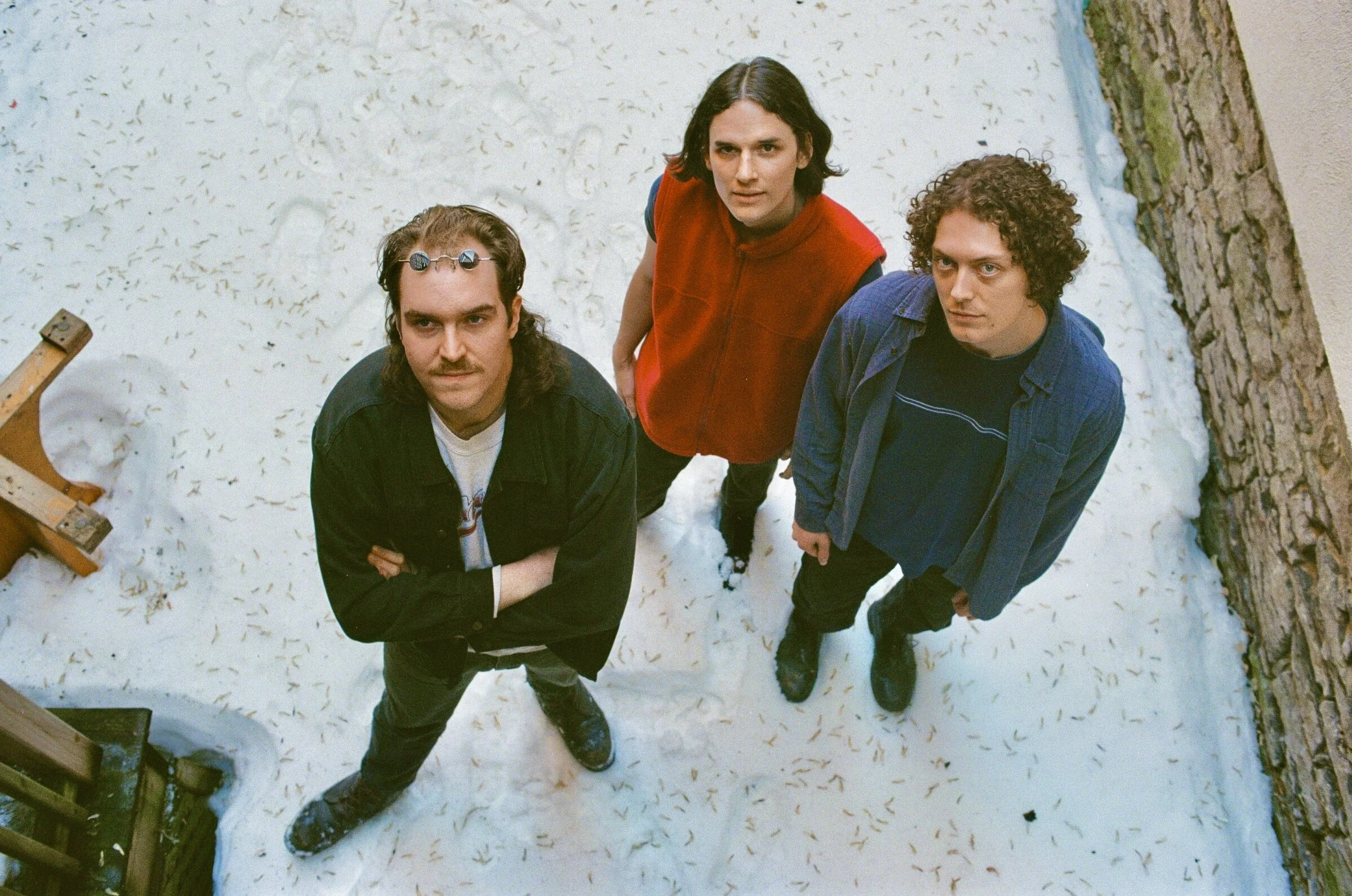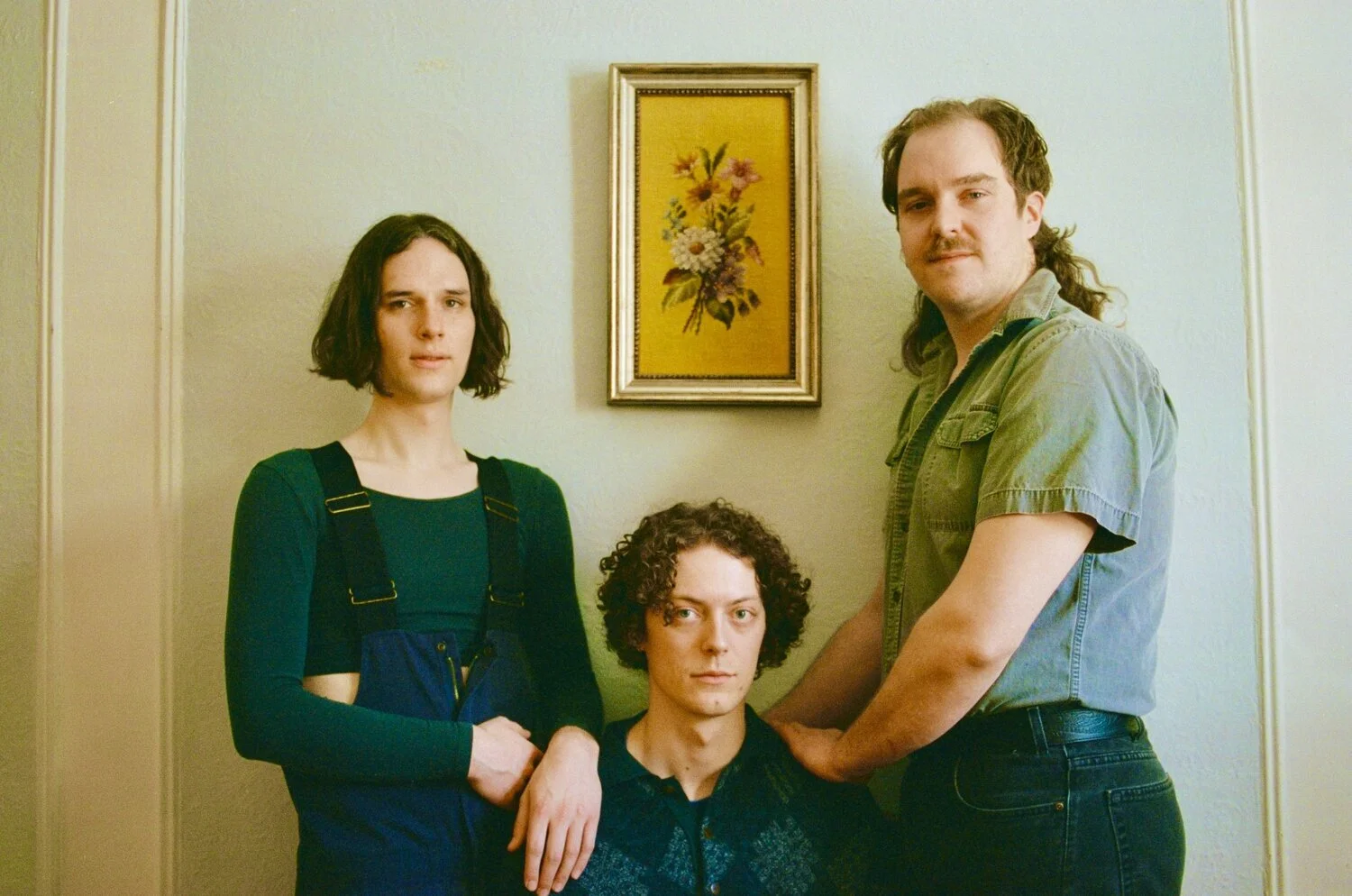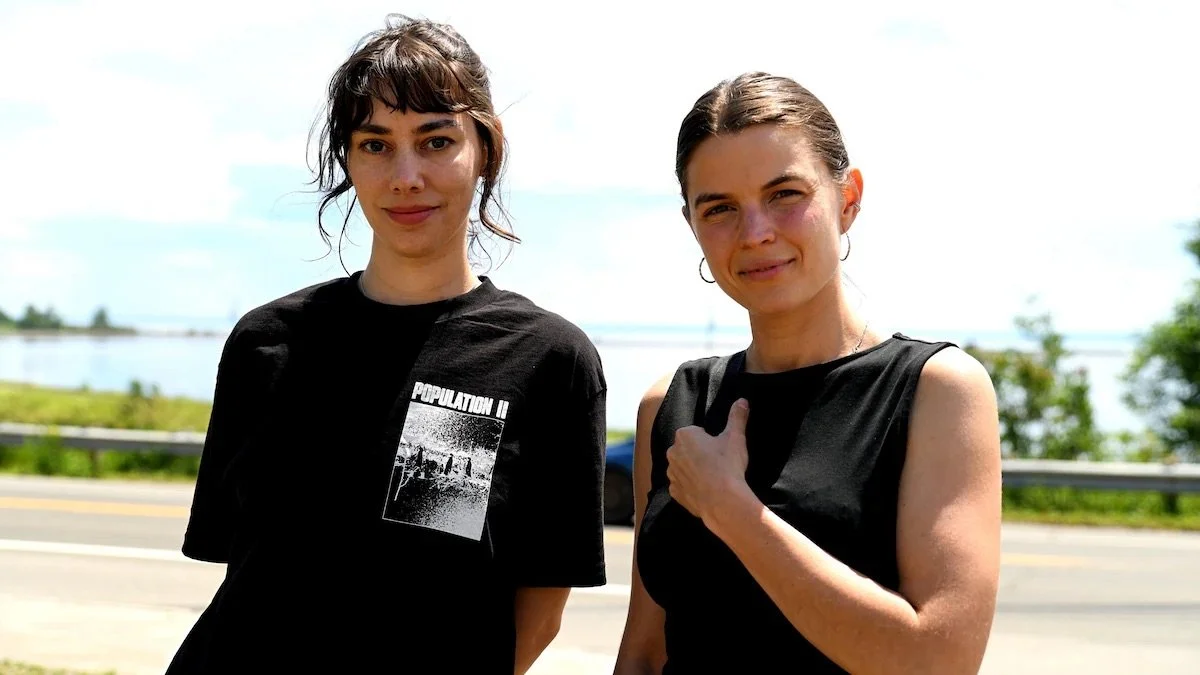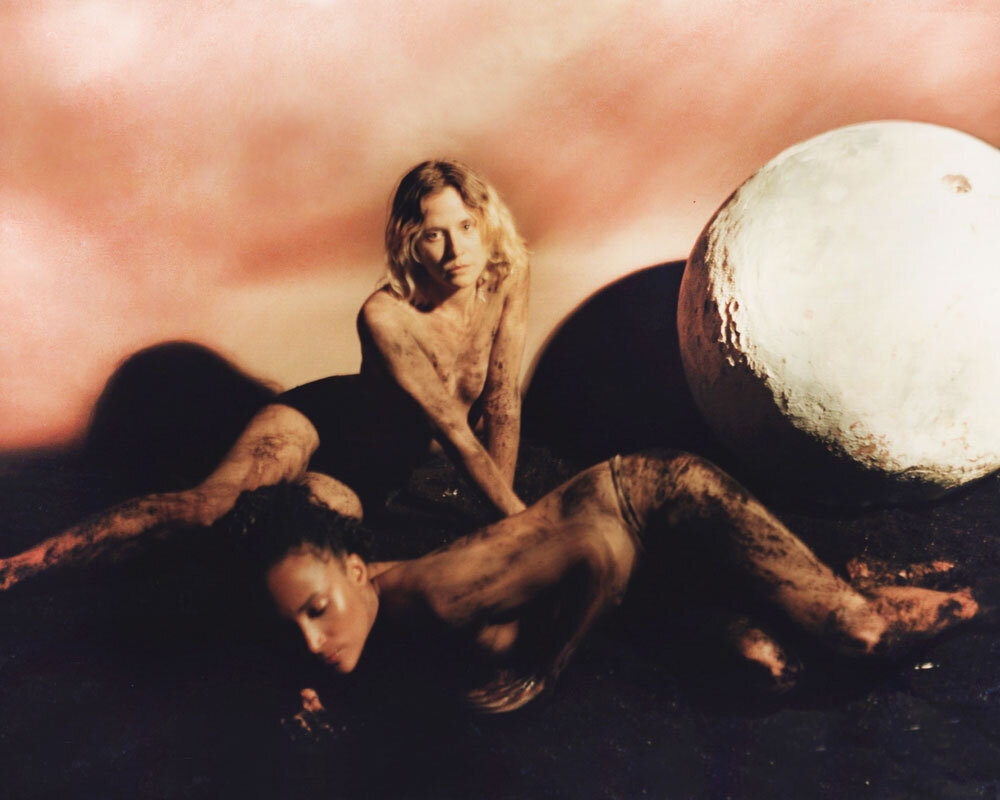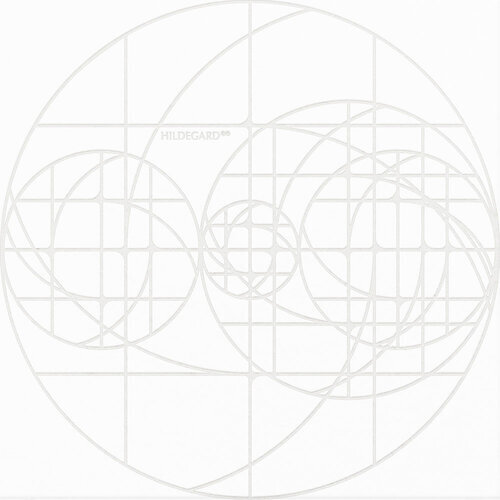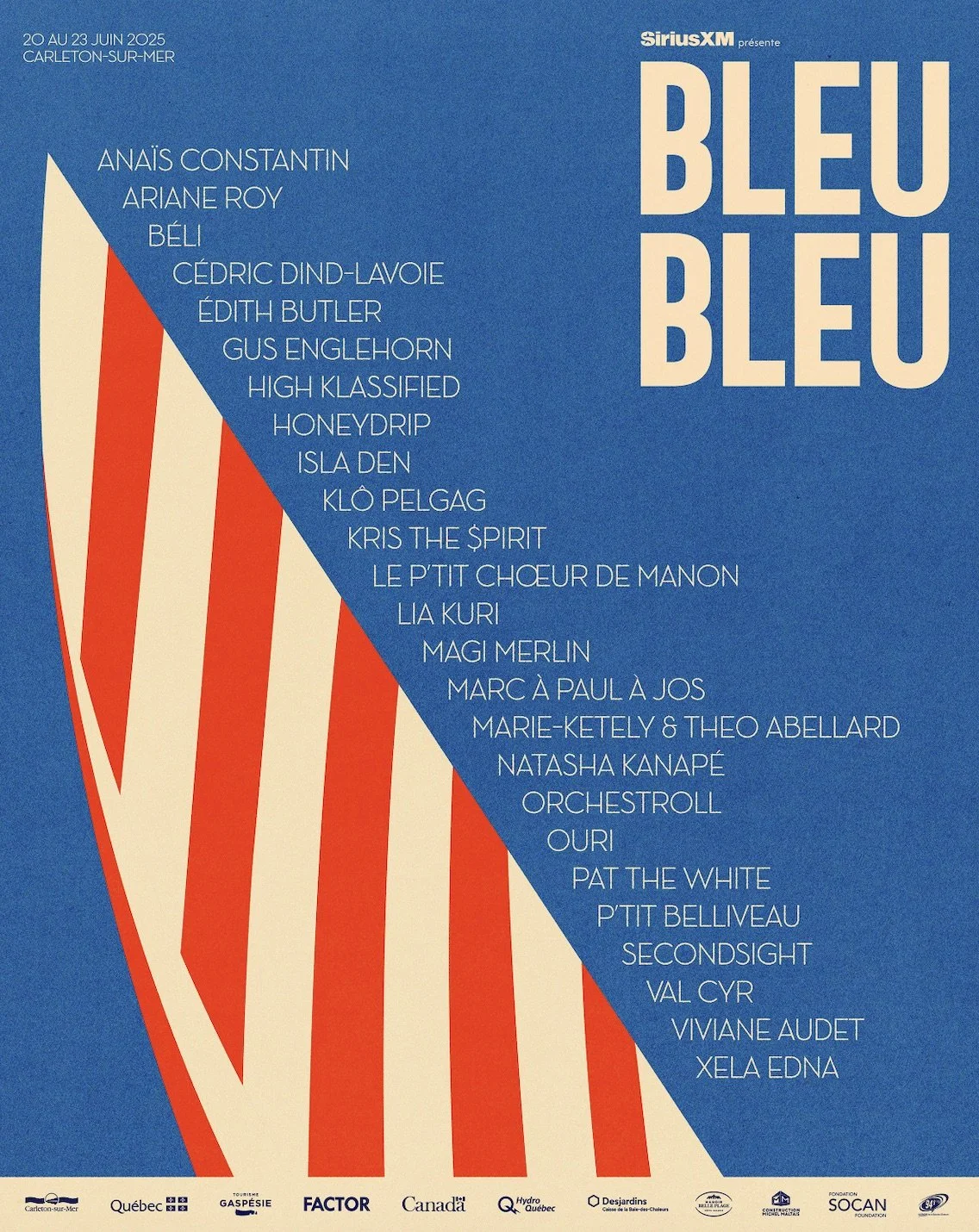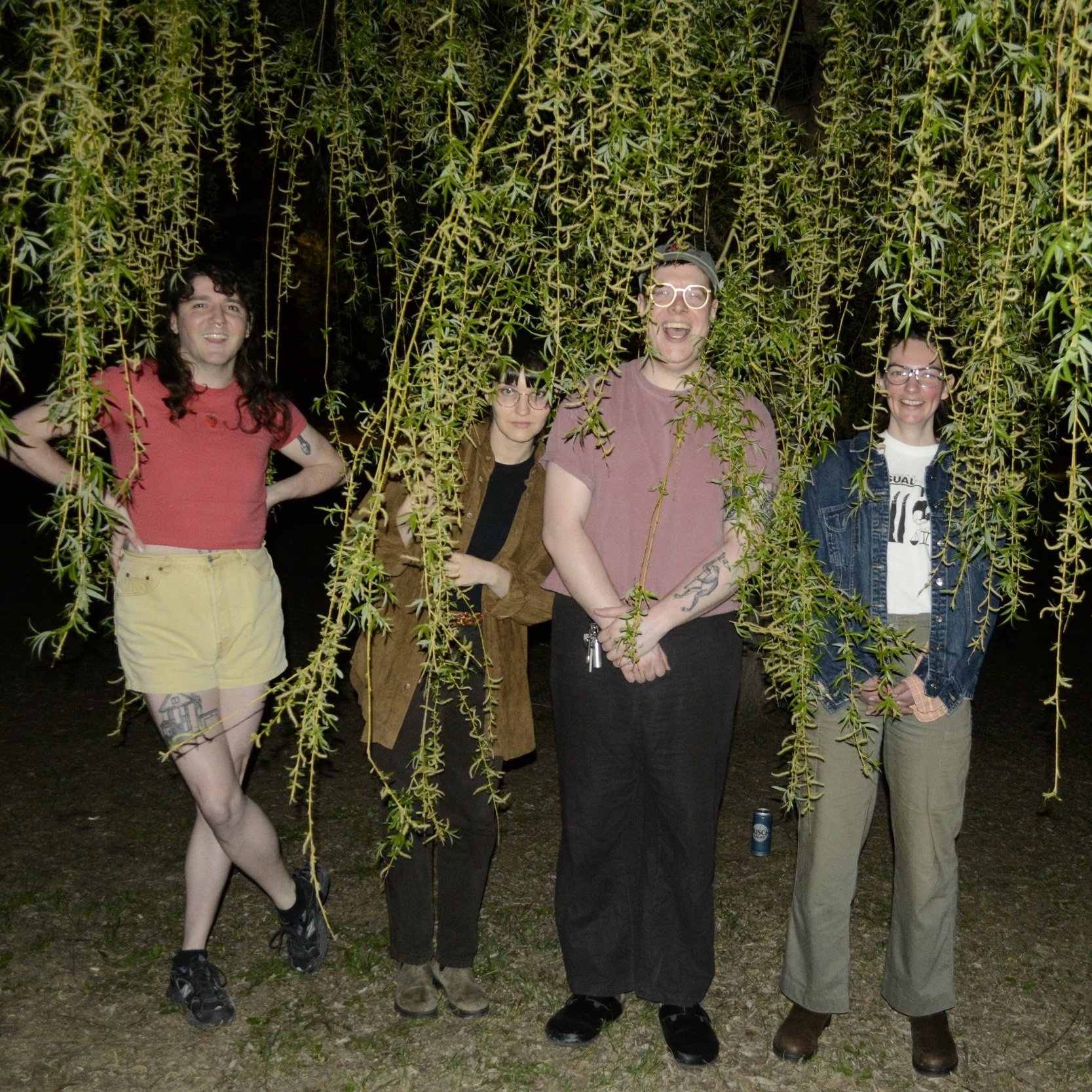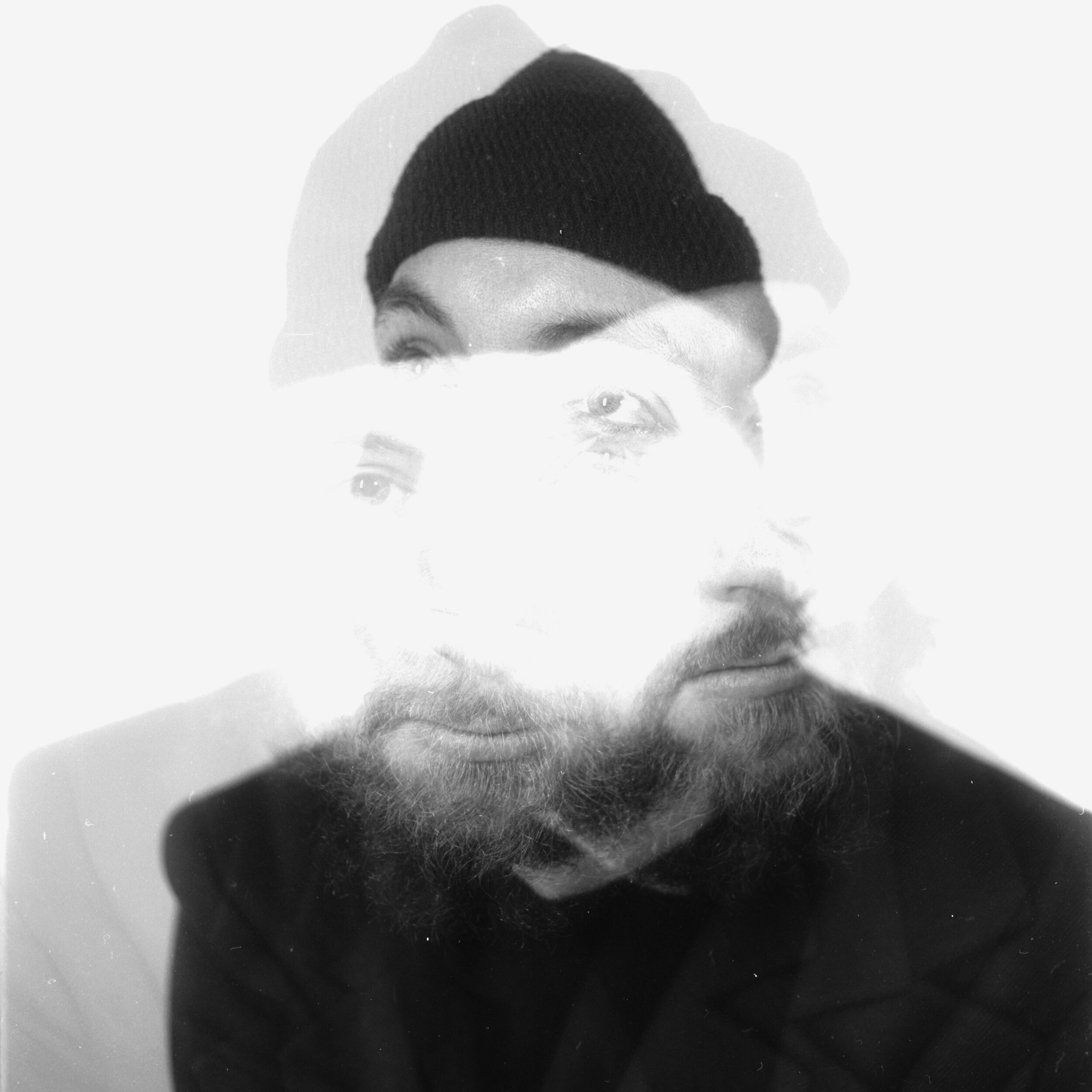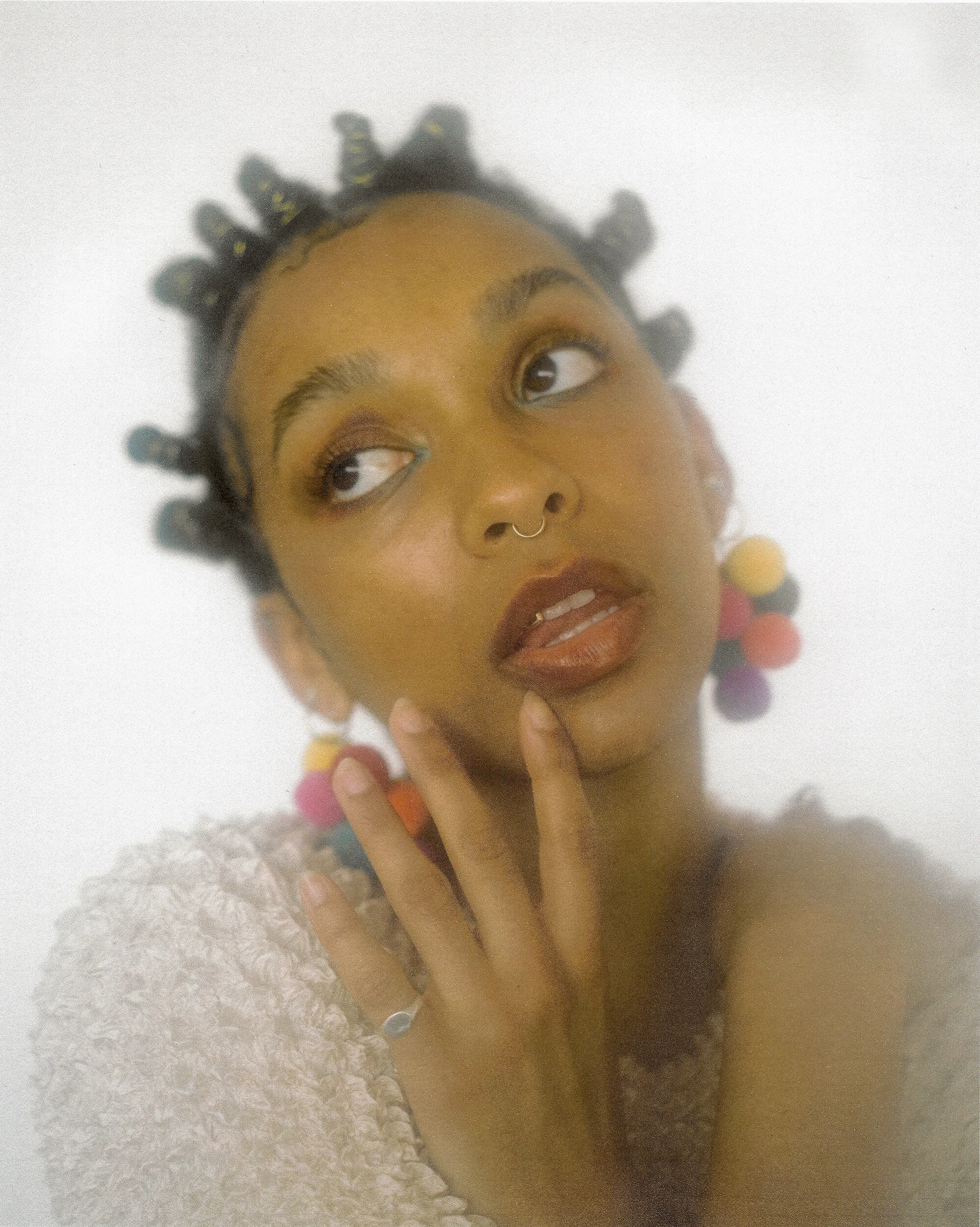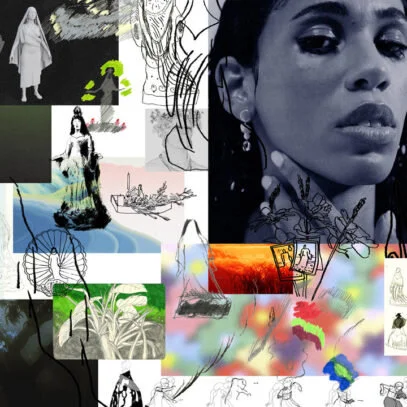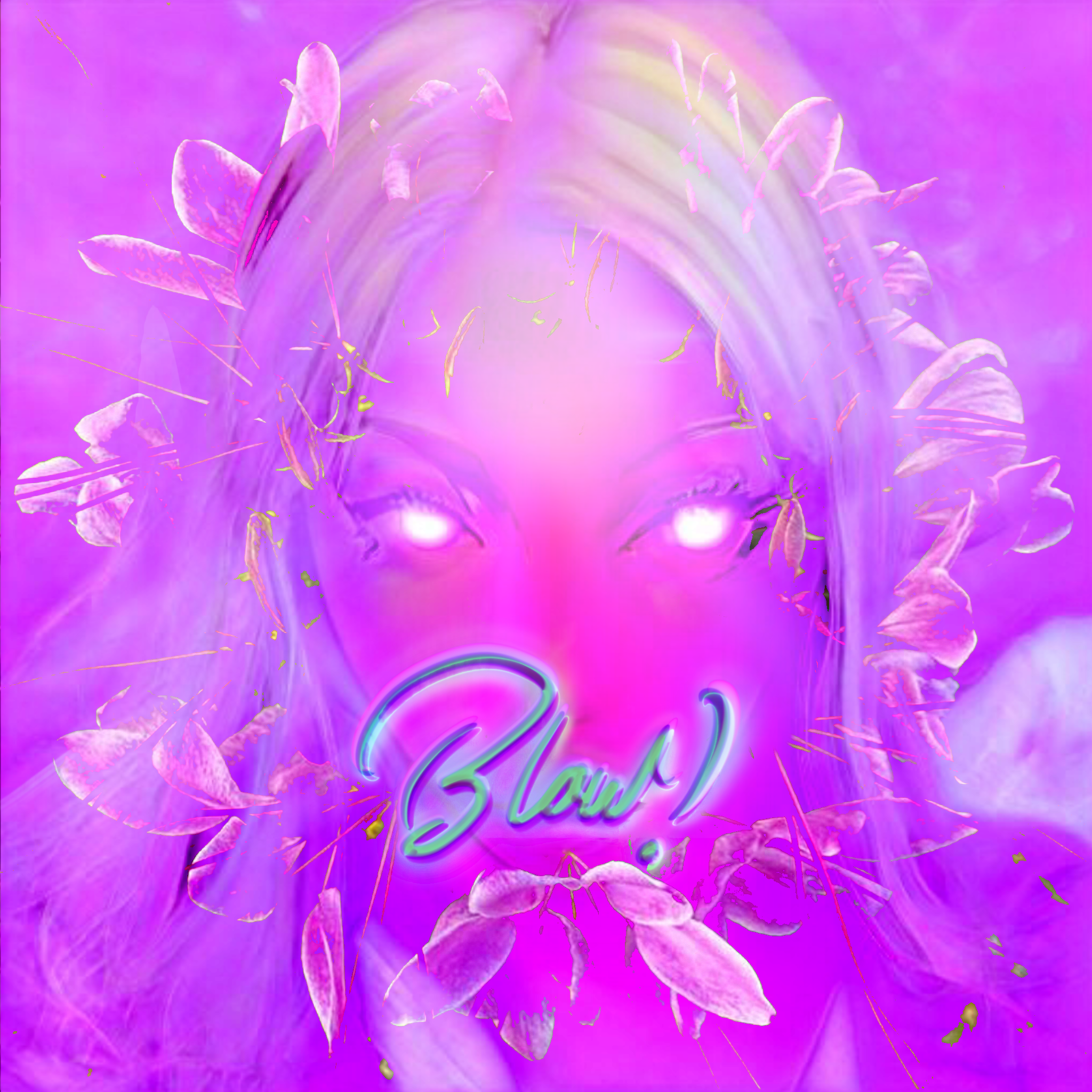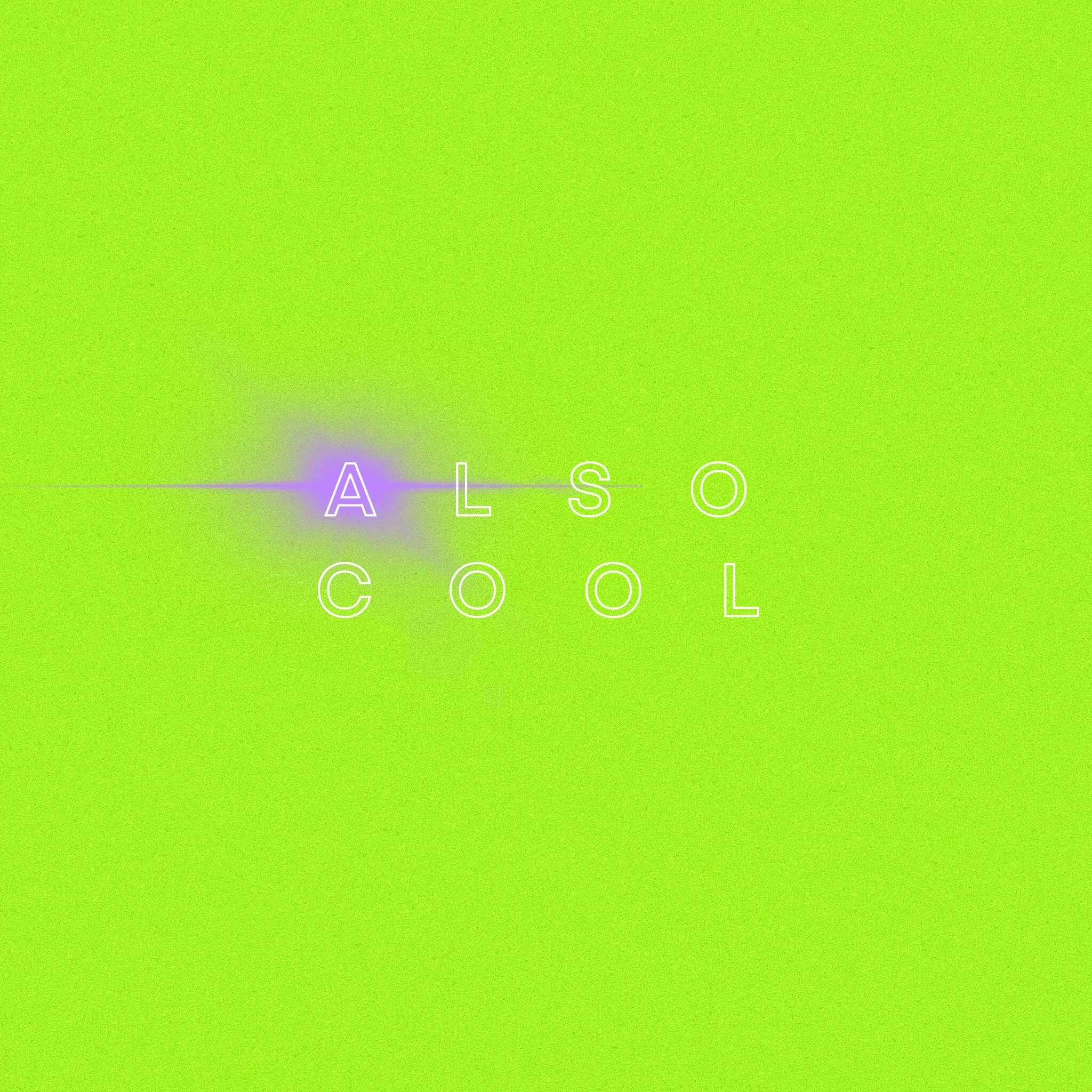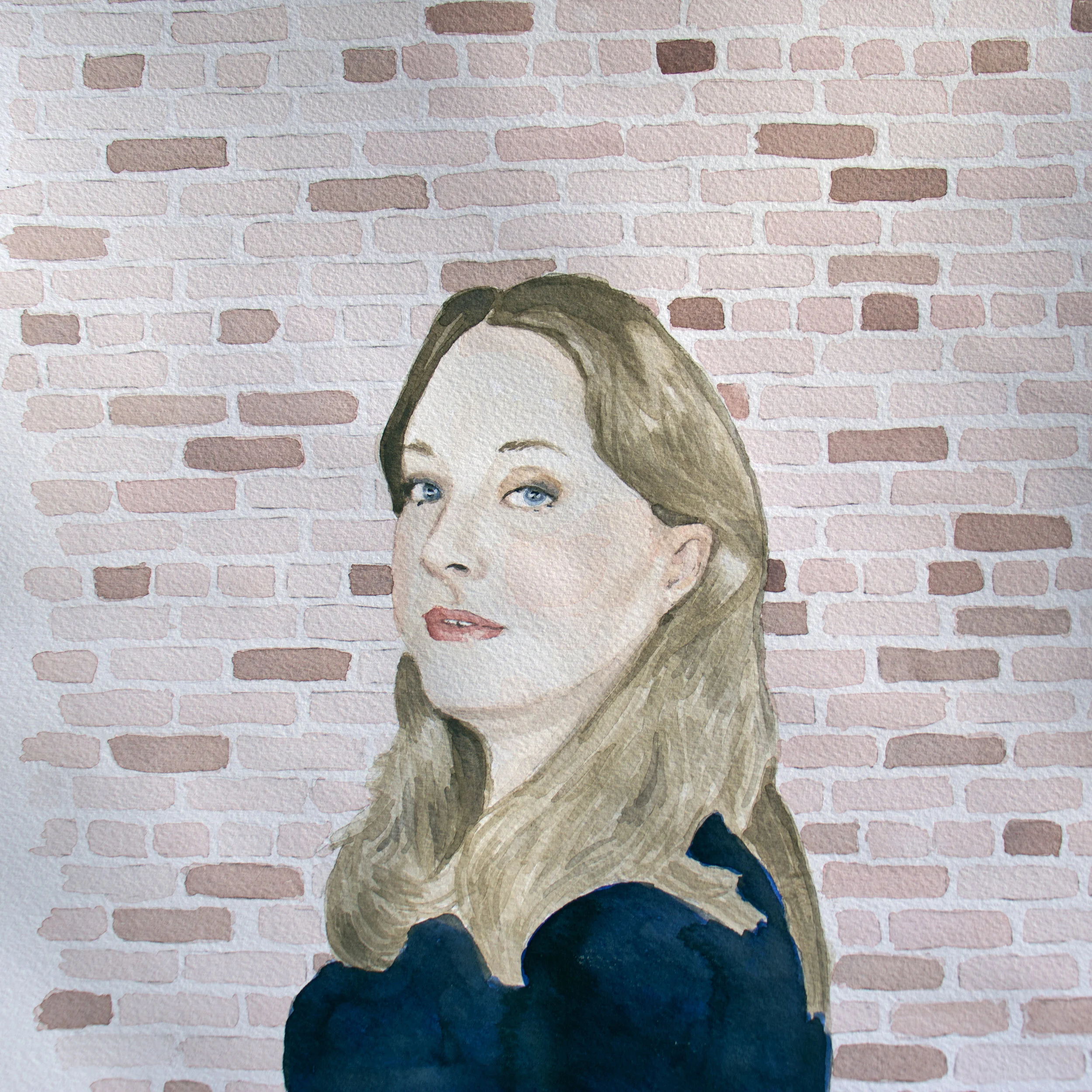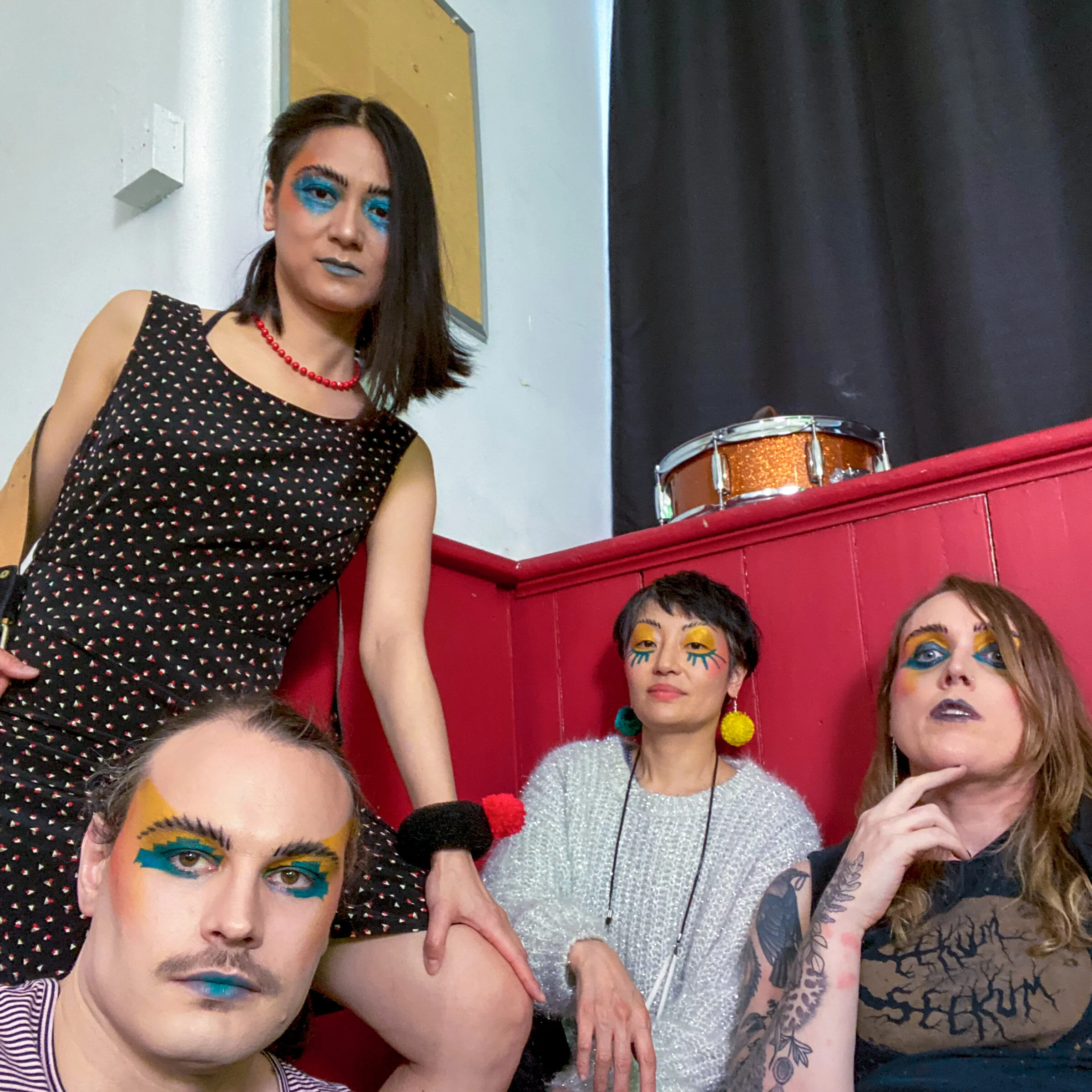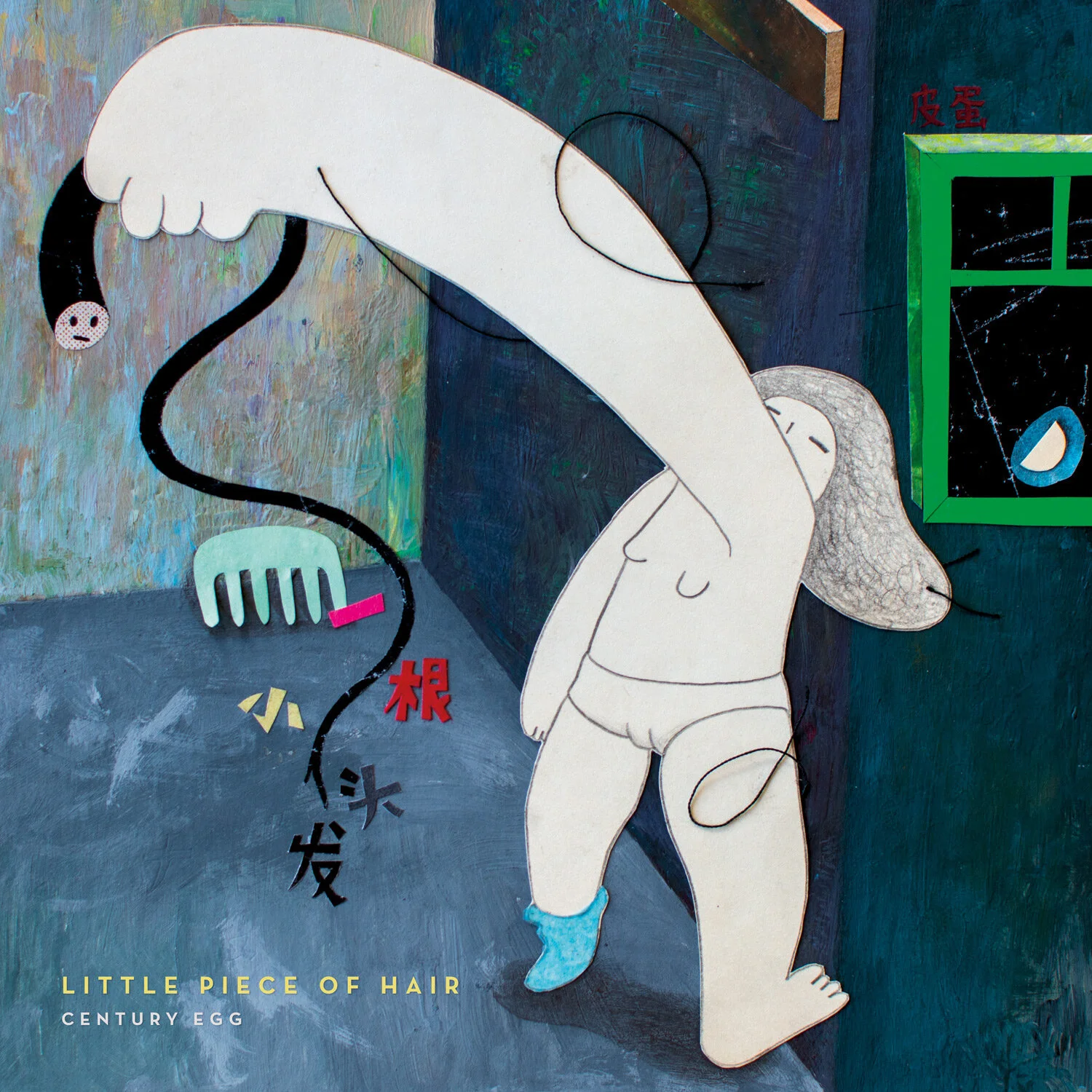Elle Barbara Shares Suoni TV Special, Stories of Community-Building, Learning to Rest & More
Elle Barbara is known in many circles, whether it be in Montreal or internationally, as a creator of worlds. Constantly carving out space for herself and other queer Black artists and individuals, her reach has pushed the community to evolve through self-reflection and acceptance.
Elle's efforts not only revolve around her creative practice but also LGBTQ+ community organizing. This includes Taking What We Need (a grassroots group whose mission is to grant discretionary funds to low-income trans women) and Montreal's nascent ballroom scene.
She is the Mother of the House of Barbara, and her musical output alternately combines elements of soul, sophisti-pop, psychedelia, glam, and underground. Elle once again invites us into her world with Elle Barbara's TV Special, an experimental variety show set to air tonight, June 17, 2021, at 8 PM EST on Suoni TV.
To speak with Elle was an absolute privilege. We covered her upcoming special, the community building she's done over the years, and so much more.
Malaika Astorga for Also Cool: How do you like to be described as an artist?
Elle Barbara: I think of myself as a singer-songwriter, as a performance artist, multidisciplinary artist, something of a pinup, definitely a thinker, director, a mother, and an intervention worker.
I came on the scene first as a singer, and my musical practice has always veered on the holistic approach of fashion, drama, interviews and performance. I used to care more about my standing in the world, on the scene, and that sort of changed. It took on a different form as I grew as an artist and a person as I moved into my transgender power.
Also Cool: What was the scene like when you first came into it?
Elle: Well, I found the scene to my liking was very racist. I would give it all the "ists" compared to what it is today.
It's easier to have a grounding for, say, Black queers looking to do something artistic and can't find their footing in the Village scene, to try out the Plateau-Mile End creative scene. It's easier to get a footing now. You get a sense of other people being there and the broader community wanting to hear from voices that we historically have not heard from. Whereas, when I first came on the scene, hardly anyone was Black, let alone queer and Black.
I found the culture to be very matter of fact about its whiteness and its cis hereto-ness. So, it wasn't easy to carve out space and perform. I've been turned down when trying to book shows in popular venues. It's not to say that it was the same people running those spaces today, but it was impossible for me to even book a show at a regular venue. I had to resort to afterhours spots and to ask for 20-40$ to do a performance.
Elle Barbara by Fatine-Violette Sabiri & Anna Arrobas
AC: What has it been like to create your own spaces over the years?
E: There's definitely been a shift in people's level of openness. It was very hard initially, and although it may be buzzwordy, a lot of it stemmed from intersectionality.
I came from a place of wanting to express myself artistically. However, I feared that I would be met with antagonism in the broader Black cishet-leaning community and the more mainstream gay community. On the other hand, I felt like the pseudo-radical leftist progressive Plateau-Mile End community was an oasis of open-mindedness and hope. Little did I know, I was not prepared for the rude awakening I got when entering certain spaces. I realized that there was an intrinsic whiteness attached to it, which I guess wasn't ready for me to participate.
That's not to say that the experience was entirely negative because clearly, that's where my roots are. I was grateful to come across many people who wanted to help me and collaborate with me.
As far as how different it feels today, I would say that I have to celebrate myself and the work of other people who were active in their respective scenes. For example, those who spearheaded the Black Lives Matter movement pushed for conversations that benefited people who lived at the intersection of multiple oppressions to be heard and included.
It's definitely created a socio-cultural landscape that benefited me and benefited people who are coming up on the scene and want to be heard and want a platform. Obviously, all the work isn't done, but it feels, from my perspective — coming from ten years ago — like a better place now.
AC: I agree. Although we've clearly come such a long way, it's still essential to acknowledge the different privileges we hold. Even though we may be oppressed in some ways, we have to hold ourselves accountable in others, especially when it comes to whiteness. The work is ongoing.
When you're someone who's constantly paving the way and making your own spaces, it's hard to rest, especially when it might feel like, "If you don't do it, then who will?” So I'm wondering how you've learned to rest and ask for and accept help from others.
E: It can be hard; coming from a place of not being used to external help and showing vulnerability. I grew up understanding that I would be left to my own devices. I don't come from a family of open-minded bougie bohemian types. I grew up understanding that the world is incredibly and outwardly antagonizing towards me. It was not okay to be myself or confide in people, be vulnerable to people, and ask for help.
So it's kind of inevitable that I'll resort to certain defence mechanisms when it comes to allowing myself to rest, breathe, and take care of myself. These are things that I've been working on, thanks to very good friends of mine, therapy, and my sons and daughters. So, I allow myself to do those things a bit more now.
It's not a question that you can answer easily. On the one end, there is a feeling that very few people can do the work that I started doing. But on the other end, at this point, being myself and being public is an act of activism. It encourages people to live their own Black queer truth, perhaps. I see a will in my daughters to be out in the world and do things, and I feel much more confident that I'm not the only person to undertake what I've done. So now, if a ball should be thrown, or someone should be looked after, I can look to my sisters and daughters and ask them to take it on.
AC: It is hard to say no to things, especially after you haven't been included for so long.
E: It is. Coming from a scarcity mindset, feeling like you're not going to have enough food tomorrow. I say that both literally and figuratively. Coming from a place of insecurity can push you to say yes to everything.
It's what I went through coming back from a year in Paris and feeling tremendously dejected right at the tail end of 2014. I spent most of 2015 pretty depressed and with no sense of trajectory as to where my life was going.
Then I decided to transition, and it just clicked. I tried it out, knowing that the things that I needed to purchase in the context of that transition were so expensive. I hustled six days a week for years on end without ever taking vacation time. I'm proud of how I went about it, but I also realize that it's not a healthy place to be in for an extended period of time.
Even if it's achieving a certain level of recognition, I saw other people who weren't more this or that than me. But, still, the attention they got was indicative of a zeitgeist that rewards normativity that I did not have.
Looking back, I'm not bitter at all. On the contrary, I'm proud of the new music I have coming out and this special. Still, it's clear that if I had had a more conventional and coded presentation, my story would've been very different.
AC: For sure, and at least from my perspective, it seems that many people respect and appreciate you for the path you took and appreciate you for being yourself.
E: I am proud. I'm proud of my daughters and my community and how we are growing collectively and individually.
AC: Coming out of the pandemic, it seems like life is beginning to spark again within the creative scene. What is your most hopeful vision for the community coming out of this?
E: Creatively, I hope that people have been able to reimagine ways to communicate or disseminate their art to an audience. I don't know if that will happen, but it's definitely a process I've undertaken myself. Not to replace IRL forms of artistic presentation, those are always fun because they make for such beautiful ways in which humans get to come together and socialize.
I hope that it will have pushed people to move into creative mental spaces, unlike how we were doing things before the pandemic. I would also hope for people to take human touch and interaction for granted. I think that, if anything, and not just from an artistic standpoint. It's going to be one of the takeaways; it really feels nice to do a show or be in a room with many people, enjoying the fruit of one's artistic labour.
AC: Let's talk about your special. It really seems like you've created yet another world, and I'd like to learn more about it.
E: The special is going to be so much fun! I had so much fun watching the different segments and everything.
Suoni has decided to do their programming online this year and asked me to come up with content. There's only so much that can be communicated with a filmed musical performance, and I really wanted to push the envelope and make it a variety show.
I know that the idea is not very rock and roll or whatever; it's not the cool thing to do. But, it harks back to American Bandstand, those 60s/70s variety shows where there were sketches and music. I really wanted to go there. It was an opportunity for me as a curator to dream up with the help of collaborators one hour of "television" programming. It's set in a parallel universe, where everything is related to Elle or the House of Barbara. There are interviews; Tranna Wintour, my favourite comedian in Montreal, will interview me very Barbara Walters-style. There are musical performances, music videos, and commercials made explicitly for that hour of entertainment.
AC: A sentiment I've heard from many people is that making these online events exactly like real life doesn't quite work like we hoped it would. Instead, people are taking this new medium and pushing it like you are.
I'm also a big believer in the power of the Internet. I say this as someone who works in social media and is exhausted by it, but loves it because of the friendships and connections it has brought into my life. So for specials like this, there will always be someone who has that experience of inspiration and connection.
E: For sure. Many people in my house are connected because of social media; otherwise, we'd be scattered all over. The beauty of doing the special is that we're simultaneously launching new music. It's not limited by the confines of the cities and venues; it can reach so many people beyond that.
It has its pros and cons, but I definitely do not knock the Internet. We talked about social justice, and it (the Internet) definitely helped me understand the mechanisms of oppression affecting me. It informed the people who were oblivious to the oppressions they were perpetuating. That is all because of the Internet.
AC: Even reflecting on the crowdsourcing and fundraising purely through Instagram, for example, it's been incredible. It's more important than ever to use these tools to continue to support each other and share information. I hope that it's something that we bring into this next era beyond the pandemic.
E: The Internet has this viral nature where it's easier to influence as an individual with a standing that isn't solidified by powerful media. You can be a mini influencer, and therein lies the power to influence people to donate and do the right thing.
You can watch Elle Barbara's TV Special on June 17, 2021, at 8PM EST on Suoni TV.
Elle Barbara
Instagram I Bandcamp I Paypal (TIP HER!)
Malaika Astorga is the co-founder of Also Cool. She is a Mexican-Canadian visual artist, writer, and communications specialist currently based in Montreal.






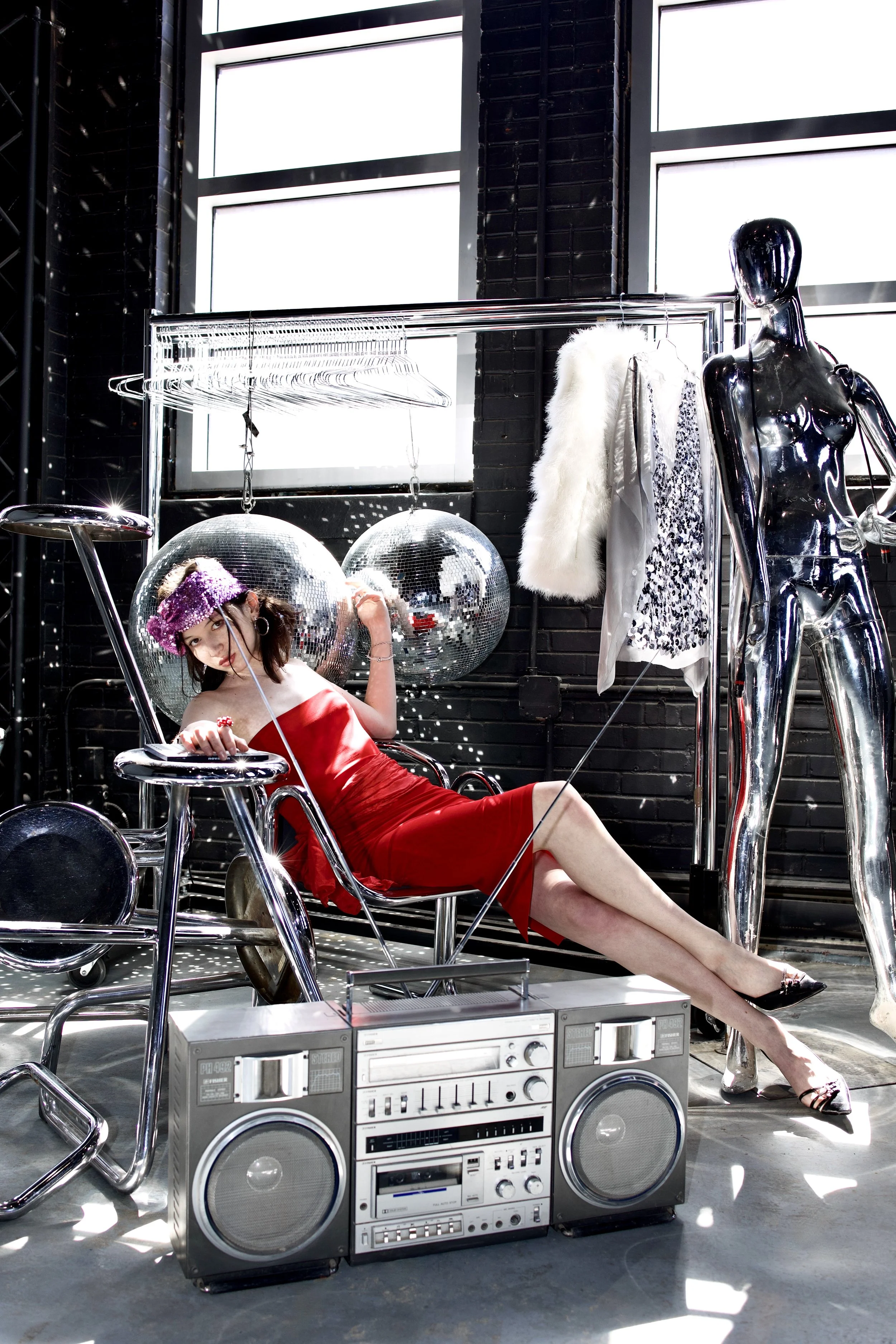
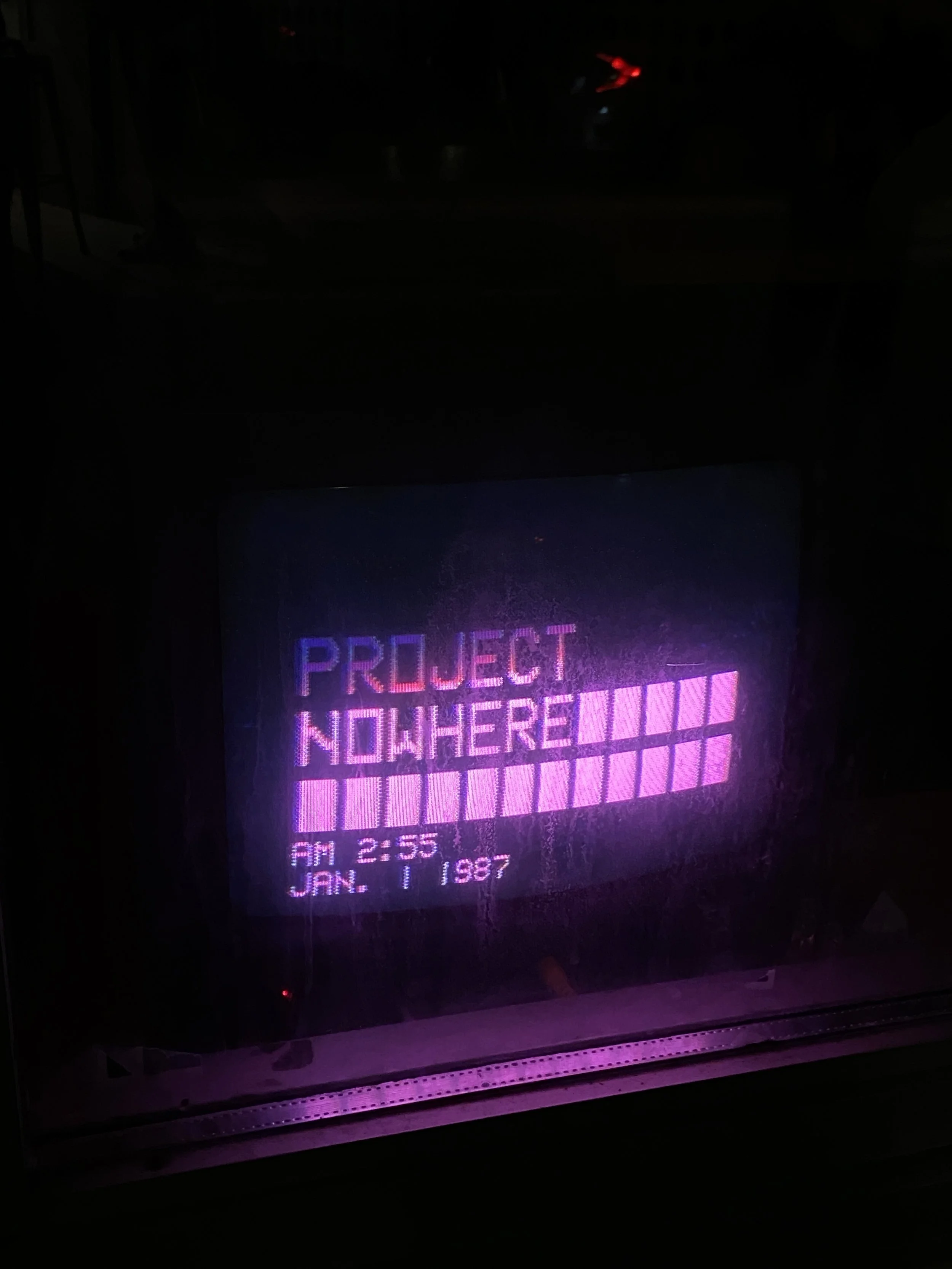





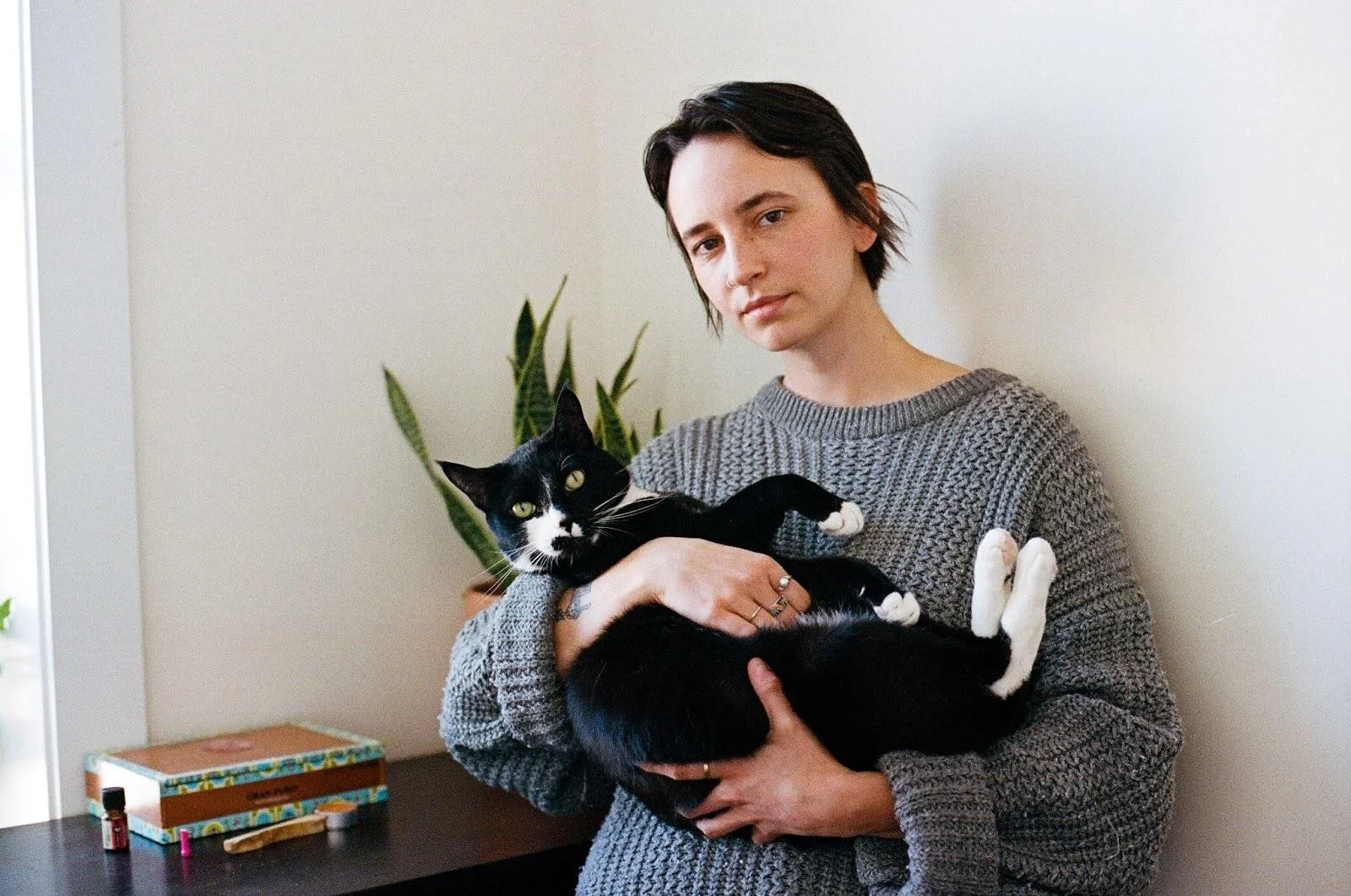


![Still from CHINESE AMERICAN BEAR - 好吗 (Hao Ma) [Official Music Video]](https://images.squarespace-cdn.com/content/v1/5da4c68a227a253ac912f3a7/1622174711447-JA7UM0CWABBD4NOCS7AV/Screen+Shot+2021-05-28+at+12.05.06+AM.png)
![Still from CHINESE AMERICAN BEAR - 好吗 (Hao Ma) [Official Music Video]](https://images.squarespace-cdn.com/content/v1/5da4c68a227a253ac912f3a7/1622174896425-216R0UJG7NA2D1CV5VV3/Screen+Shot+2021-05-28+at+12.07.21+AM.png)

